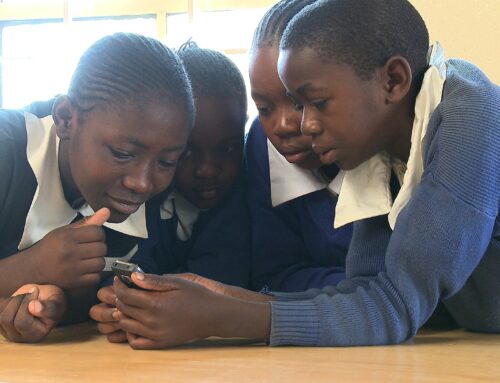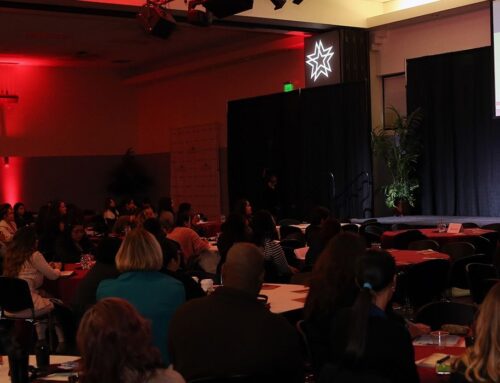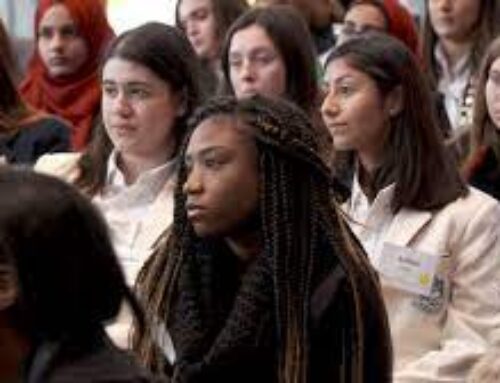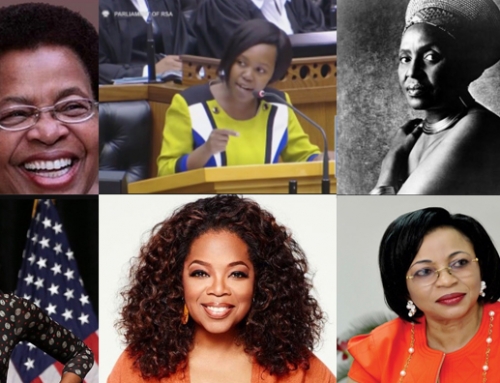It is 2019, yet millions of girls remain out of school in sub-Saharan Africa.
We cannot deny the enormous gain towards girls education in Africa. However, compared to boys, the progress is still stalling. While approximately 75% of girls worldwide complete lower secondary education, only 40% do so in Africa. In Sub-Saharan Africa, 33.3 million girls are out of School. About 70% of young girls start primary school, but only 8% finish secondary school. For every 100 boys of primary age out of school, there are 123 girls denied the right to education. Poverty is often the root cause. However, other factors such as access and child marriage are also contributing factors. Girls in poor countries are nine times more likely to be out of school than those in the richest countries. This statistics are disturbing and we hope that the ambitious commitment of the Sustainable Development Goals (SDGs) to provide a quality primary and secondary education for every girl and boy by 2030 is upheld.
Girls are disadvantage and face more barriers to education than boys do. The cost of fees, stationaries, uniforms and menstrual hygiene needs is often beyond reach. More so, families see early marriage as the only means of securing a girls future. Thus, young girls are forced into marriages with older men, which risk their health, wellbeing and education.
The biggest crisis today in Africa is the crisis of knowledge. How to produce it, how to manage it, and how to deplore it. Yet, when more than 50% of the African population is deprived of education, the rhetoric on Africa’s wealth deprivation will remain the same. Women are the bone of all societies. The saying that “an educated girl is an educated society” is true in every sense of its meaning. The message here is that once we know the value of education for boys in society, we should allow girls to have equal access to it. Education is vital to ensuring a better quality of life for all children and a better world for all people. However, if girls are left behind, those goals can never be achieved. In country after country, educating girls yields spectacular social benefits for the current generation and those to come. An educated girl tends to marry later and have healthier children. The children she does have will be more likely to survive; they will be better nourished and better educated. She will be more productive at home and better paid in the workplace. She will be better able to protect herself against HIV/AIDS and to assume a more active role in social, economic and political decision-making throughout her life.
African Girls through its different programs have supported more than 3,000 girls since 2016. We invest in STEM education, Mentor-ship, Career Building, Teenage mother Empowerment thus creating opportunities for young girls to thrive as entrepreneurs and leaders, peer mentors and role models in their various communities. We believe in the power OF education because an EDUCATED GIRL IS A FORCE FOR CHANGE.
Author: Frida Tende






